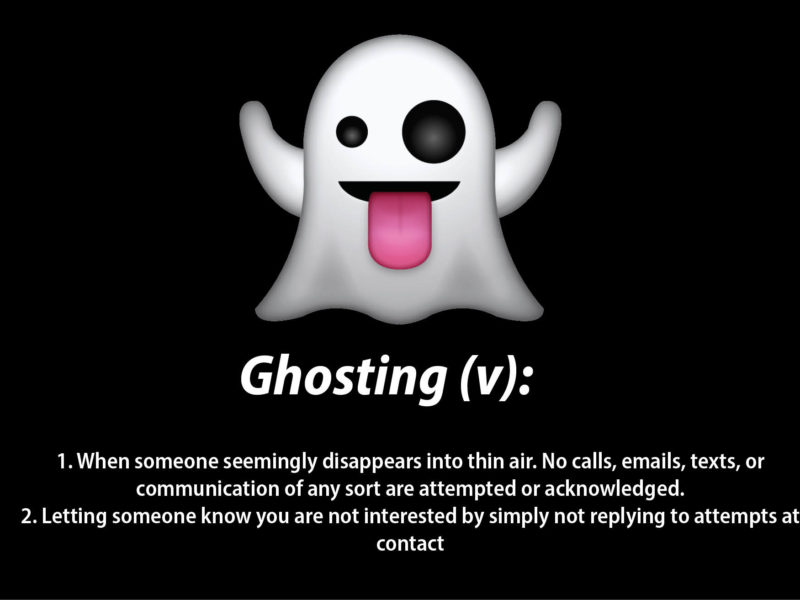When Self-Promotion Crosses the Line
Most things in life are not self-destructive or detrimental if applied or acted upon in moderation; of course, too much of anything can be bad for you – this is well-known, common sense. Last week I sought to illustrate the need for projecting self-confidence whilst describing the difference between that and arrogance or hubris.
I received an email from a reader who is concerned and seeks to avoid being seen as bragging so I think the subject bears additional explanation and clarification. Readers of my blog live and work in different parts of the world and from different cultures, so no one single formula works for everyone – nor should it. I try to champion the cause of the individual in opposition to the soulless, generic collective, which seeks to reduce and categorize people into boring, ineffectual and un-dynamic sameness. Although I have been Europeanized and internationalized, having lived abroad for over 13 years, I am, after all, American born and raised and, like many Americans, I am consciously aware of family roots as a 2nd generation Czech – American. Differences matter, they are something to celebrate rather than to diminish or degrade.
For example, Americans, in general, have no problem telling about themselves. This is not a bad thing, we are outgoing and friendly and most people find it an endearing quality but there are others who find it a bit off-putting. Indeed, some Americans do go a bit overboard and, indeed, stereotypes can characterize us as verbose or self-aggrandizing. Europeans, on the others hand, are not as comfortable telling about themselves and in this particular context they are not easily disposed to telling of their professional accomplishments and, therein, lies the reason for this blog entry.
It is predictable, and you should assume one of the first requests you will hear from an interviewer during the interview is, “So, tell me about yourself.” It is from this point forward many people squander the opportunity just presented to them. Referring to your resume is fine, but reading from your resume is a mistake because they’ve already reviewed it before you shook hands and sat down with them. So reciting back to them what they already know will not inspire any hiring manager. This is when you must share with them your attributes, qualifications, etc.; in short, the information that will inspire them to elevate you to the next level or step in the interview process.
Telling of your accomplishments is not bragging and if you don’t tell them, how else can they know – you’re only hurting yourself and diminishing your own chances.
So, what is the difference between telling of your career accomplishments and bragging? Here is a painfully obvious example:
-
“The project was assigned to me when I worked at XYZ company…and as a result, we grew and expanded our market share by 30%”
-
“The project was assigned to me when I worked at XYZ company…and as a result, we grew and expanded our market share by 30%. I was the one who made it happen…that deal was dead until I saved it…It was me, who…”
The difference between those statements should be crystal clear and so long as claims made about your work history and accomplishments are rooted in fact, and about which you can produce evidence if questioned or challenged, you have nothing to worry about. During the 1980s when meeting with Soviet General Secretary Michail Gorbačov, President Ronald Reagan cleverly co-opted an old Russian proverb, which states, “Доверяй, но проверяй” (doveryai, no proveryai) – “Trust but Verify”. It applies here as well and you should also be prepared to be quizzed about the details to validate any claims you make. Don’t feel insulted or get your feelings hurt, because a good interviewer can and should probe and question whomever they are interviewing – it’s a part of the interview process. It is no different than your responsibility to verify and validate any potential employers’ claims about jobs you are considering – but I digress.
So the weak excuse of “I don’t want them to think I am bragging…” is a silly rationale to avoid your responsibility as an interested party during the interview process. Your task is to do more than simply show up with a resume and sit mute like a piece of furniture. Instead, seek to articulate why you should be considered for any job you seek. When provided with an opportunity, it is up to you to make the most of it.



